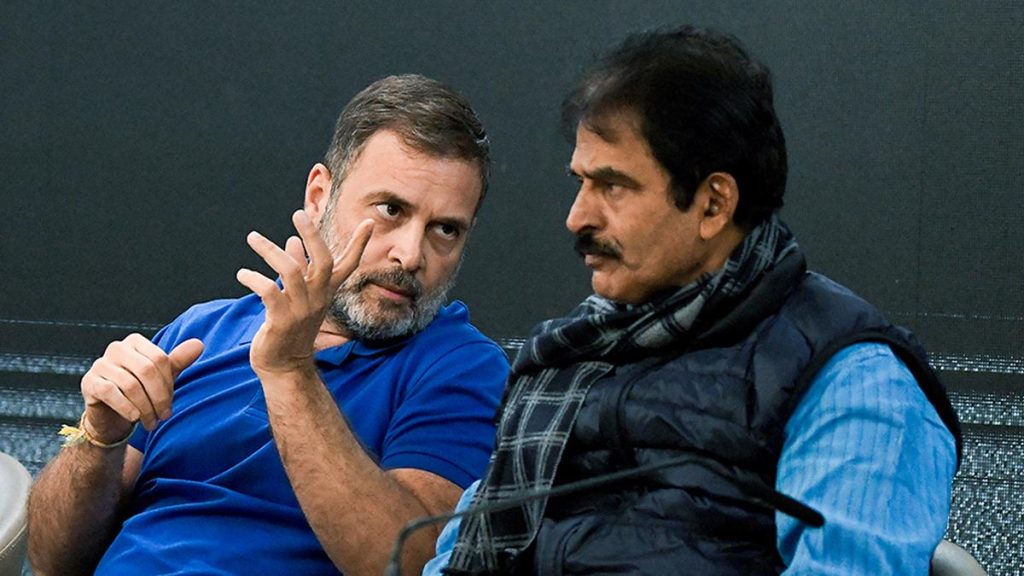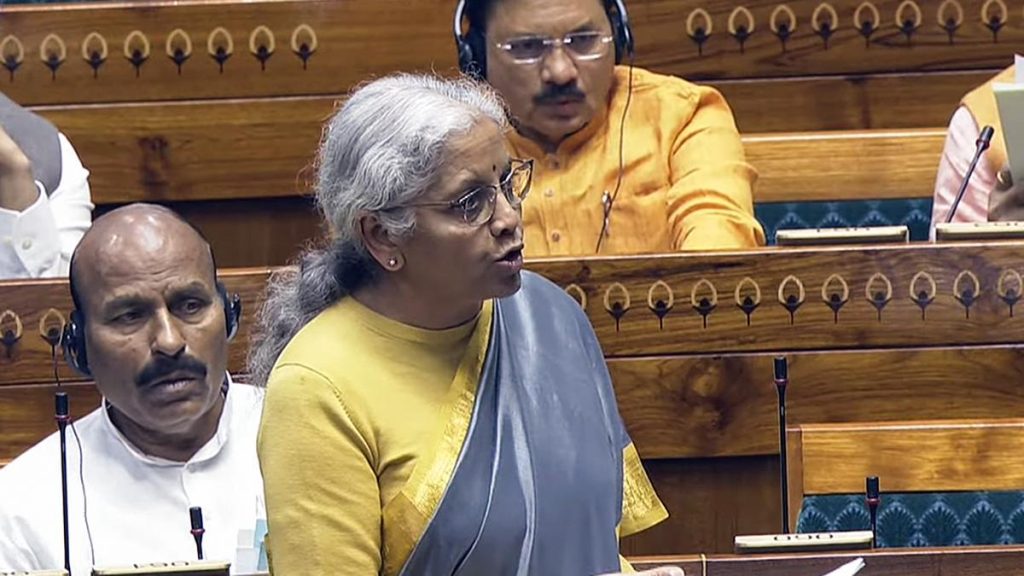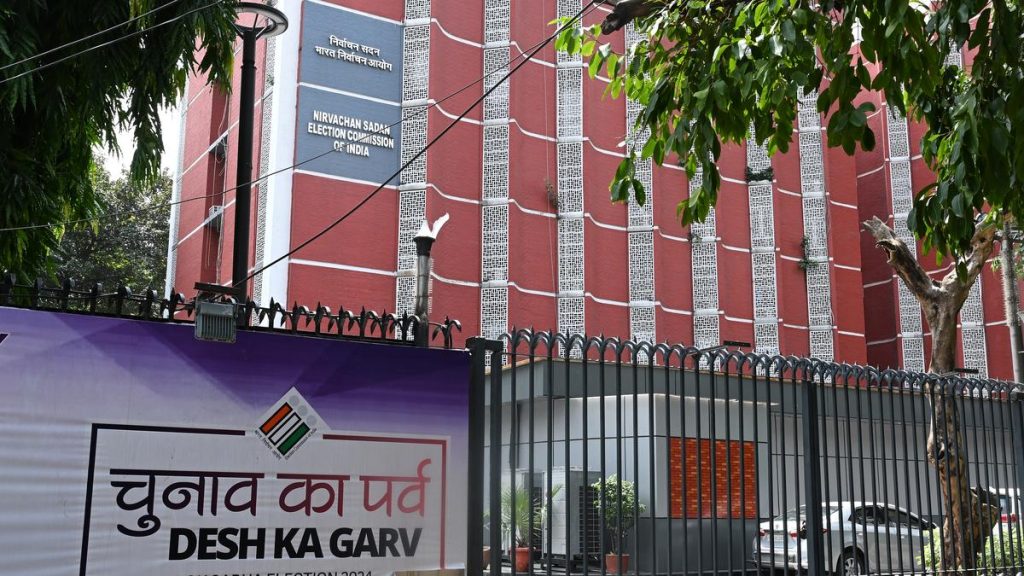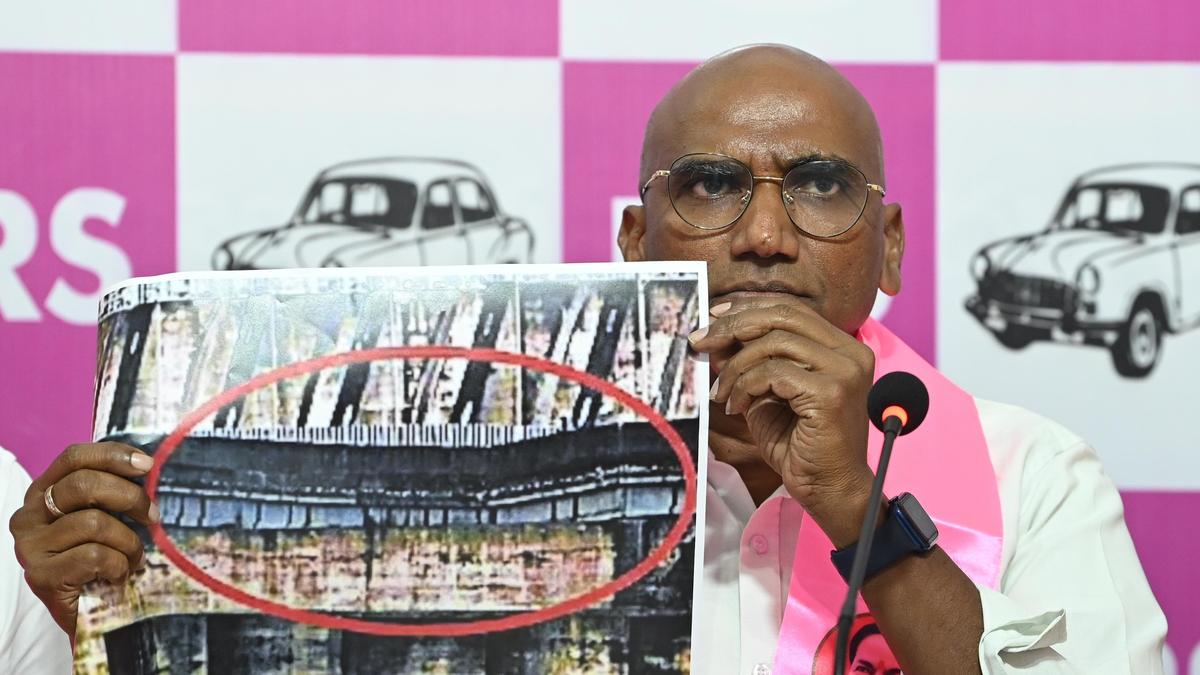Now Reading: Urban Development Officials Face Record Lokayukta Raids
-
01
Urban Development Officials Face Record Lokayukta Raids
Urban Development Officials Face Record Lokayukta Raids
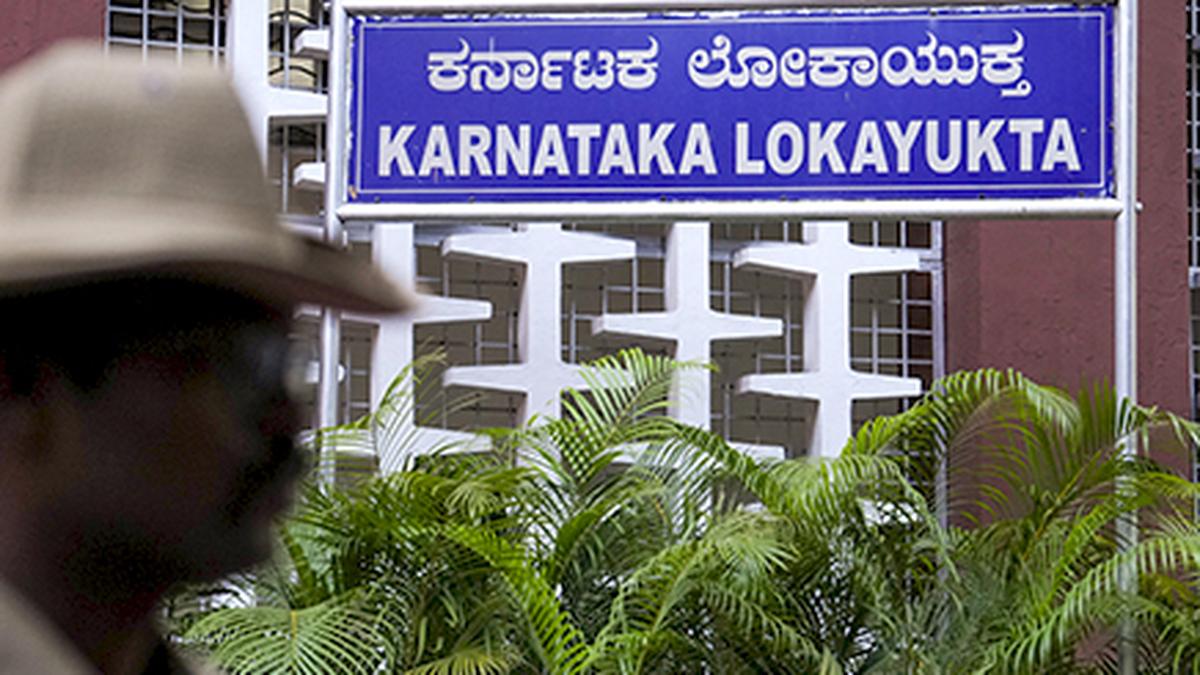
Quick Summary
- After the abolition of the Anti-Corruption Bureau (ACB) in Karnataka, Lokayukta Police resumed investigating corruption cases under the Prevention of Corruption Act, 1988.
- Cases and Investigations:
– Between January 2023 and July 2025, 218 Disproportionate Assets (DA) cases were registered against 219 state government officials.
– Out of these:
– Legal challenges have stalled investigations in 101 cases (46.3%), with proceedings stayed by courts in 67 cases and FIRs quashed in another 34 cases.
– Four investigations were completed, seeking prosecution sanctions; two approvals were granted while two are pending.
– Preliminary reports recommending action were submitted for over half the cases, but only 82 officials have been suspended so far.
- Targeted Departments:
– Urban Growth Department had the moast raids (39), followed by Rural Development & Panchayat Raj Department (36), Revenue Department (20), and Energy Department (17).
– District-wise data identified Bengaluru City as having the highest number of DA raids at 45, while departments like muzrai & Municipal Administration had no reported raids within this period.
- Challenges Encountered:
– Many legal obstacles arise from procedural technicalities concerning investigation orders issued by SP-rank officers under Section 17 of PC Act.
– High caseload inherited from ACB has stretched resources and delayed outcomes.
Indian Opinion Analysis
The reinstatement of Lokayukta Police powers represents a meaningful step toward addressing corruption allegations among Karnataka’s public officials. The registration of numerous DA cases indicates proactive measures to scrutinize misuse of public office; however, legal hurdles point to systemic issues hampering accountability mechanisms. Procedural ambiguities involving SP orders are emblematic not only of administrative oversight but also highlight a need for capacity building within investigative entities.
Furthermore, uneven departmental action post-raids-such as limited suspension figures despite evidence-raises concerns about bureaucratic lethargy or institutional complacency that may undermine deterrent efforts against corruption. Sector-specific data spotlighting urban Development also underscores glaring governance issues warranting more focus on broader structural reforms rather than reactive inquiry alone.
While ongoing Supreme Court petitions may resolve some short-term challenges around case adjudication delays stemming from technicalities or stays/quashed FIRs-the long-term effectiveness will hinge on addressing operational inefficiencies confronting both investigators & oversight collaborators structurally!



